Hello, Lisa from @nolalettering here today to show you one way to keep track of all the meaningful and special events in your life in your bullet journal through the power of lettering. If you’re anything like me, remembering what happened yesterday is difficult much less last year. So in the past year, I’ve been doing monthly recap spreads to not only document the events of the previous month but also as a way to practice lettering and composition! I also do these recap spreads for trips and travels I go on, so for today’s blog, I’ll be creating a memory spread of my trip to Taiwan earlier this year.
Materials
- A&O Square journal
- A&O Acrylo Black and White
- Pencil
- Eraser
Step 1. List down all your memories

This is an important step as it allows you to know how many events you plan on including in your recap spread, so you know how many boxes to draw in step 2. In addition, there’s nothing worse then having your layout all ready and then having to spend more time trying to figure out what to put in all the spaces instead of immediately jumping to the fun part - lettering!
I like to jot down my memories as the month progresses because I find myself forgetting events when I try to think of them at the end of the month. However, if your memory is better than mine, feel free to compose your list when you sit down to do your recap spread. If nothing big immediately comes to mind, you can include smaller things, such as a book you finished or started, a board game you played, something you created, etc. It’s nice to remember the small things alongside the big events.
Step 2. Draw some boxes
Staring at a blank page is always scary, and the thought of putting all your memories onto one page seems an almost impossible task. So, to start off, I like to draw different shapes, but mostly rectangles, squares and circles to fill up the page. It’s kind of like playing Tetris as you try to fit these shapes into the constraints of your journal.
You can use a ruler or just freehand it like I do. I like to do one big rectangle for the month generally in the center of the page, but that’s a personal preference. You can put it at the top of the page or bottom or even flip your journal and put it on the sides. If your month is full of events and memories, you can consider making your month box much smaller.
In the video below, I show you how I come up with different layouts along with the next steps of filling in the boxes.
If you can’t think of a layout to create, I’ve included a few different potential spreads in the printable. Pick the one that suits you best, and don’t forget, you can combine boxes if there are too many or split them up even more if there aren’t enough.
Step 3. Fill in the shapes

Fill in the shapes with your memories! You don’t have to worry about lettering styles just yet. I like to write in my memories in print first. If you have extra space, you can consider using cursive or faux calligraphy. It really depends on the number of memories you plan on including. If there is a lot, I would worry less about lettering styles and do everything in simple styles. Most importantly, don’t forget to leave space between memories as it’ll make it easier to read.
Step 4. Add in the lettering styles and doodles.

Now it’s time to add in the styles you want to use. I tend to stick to the same styles for one memory so it’s easier to immediately see that this one style is one memory and a slightly different style is another memory, etc.
Like I said before, if you plan on including a lot of memories on the page, I suggest sticking to simple styles like block letters or even monoline. If you find that you had a not particularly eventful month, you can consider doing more fun lettering styles to fill up more space.
If you end up having extra space here and there, you can add in some simple doodles like stars, dots, hearts, etc. Or you can even draw in some of your memories. For example, I had extra space around "so much food," so I drew in chopsticks and dumplings. I also added some hearts and stars in areas that had too much white space remaining.
Step 5. Color it all in!

You can stick to black and white, like I did, or you can add in colors. If you keep monthly themed bullet journal spreads, you can use the colors for that month. Sometimes I’ll use colors that represent that month, like for October I’ll use black and orange or add in pink and reds for the month of February.
And now you have your completed spread! You can also create spreads from travels you’ve gone on or if there’s one special event that has a lot of memories in it, you can create a recap spread for that too. It’s a great way to think back on all that has happened and in a year or two’s time, you can look back through your journal and see exactly what happened that month that you thought worthy of documentation.
Here are some more examples of recap spreads I’ve completed previously.


Hope you found this tutorial helpful, and if you post your spreads, don’t forget to share with us on social media and tag me, @nolalettering, on Instagram along with @archerandolive, @archerandolive.community and use the hashtags #AOShare and #archerandolive so we can see your beautiful spreads!

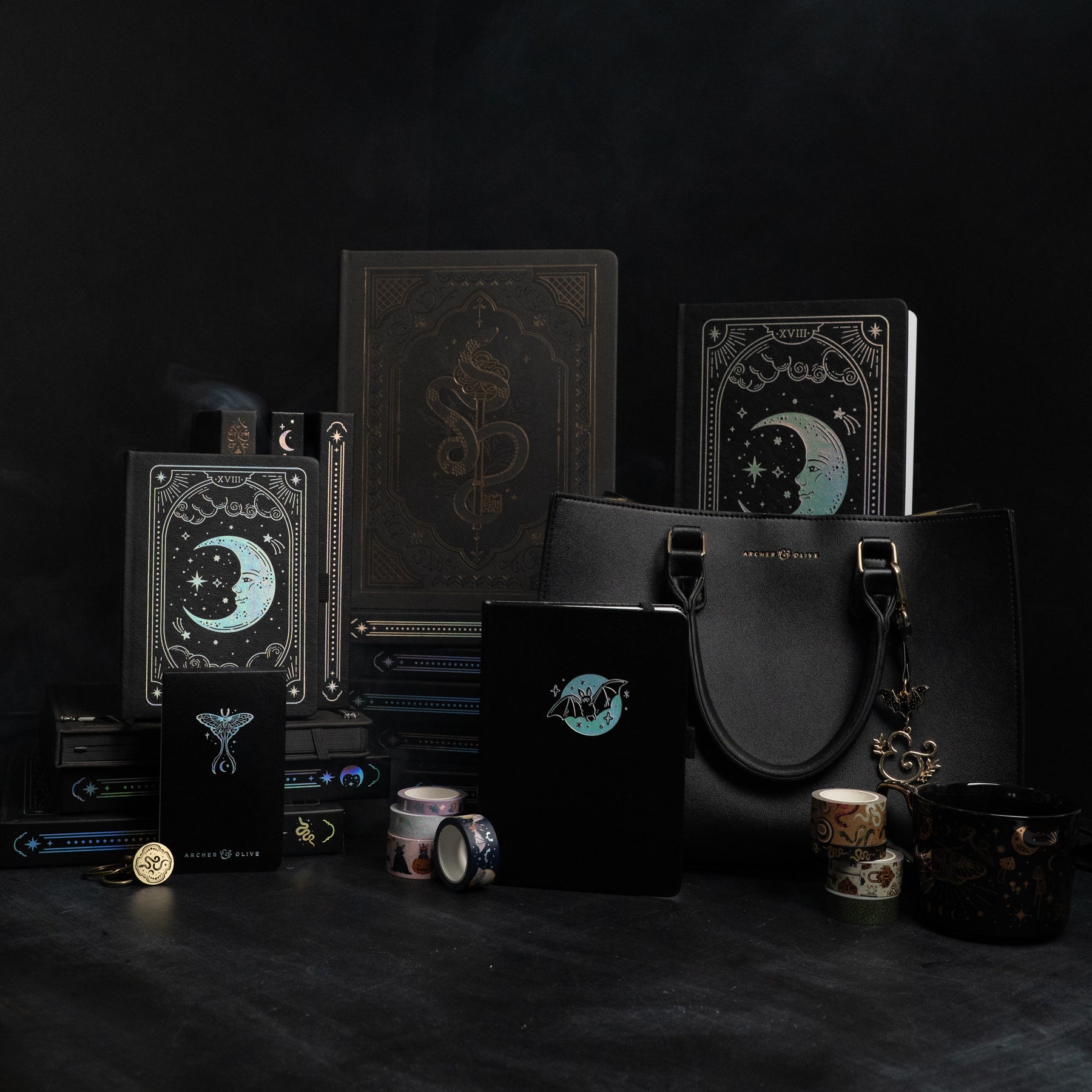
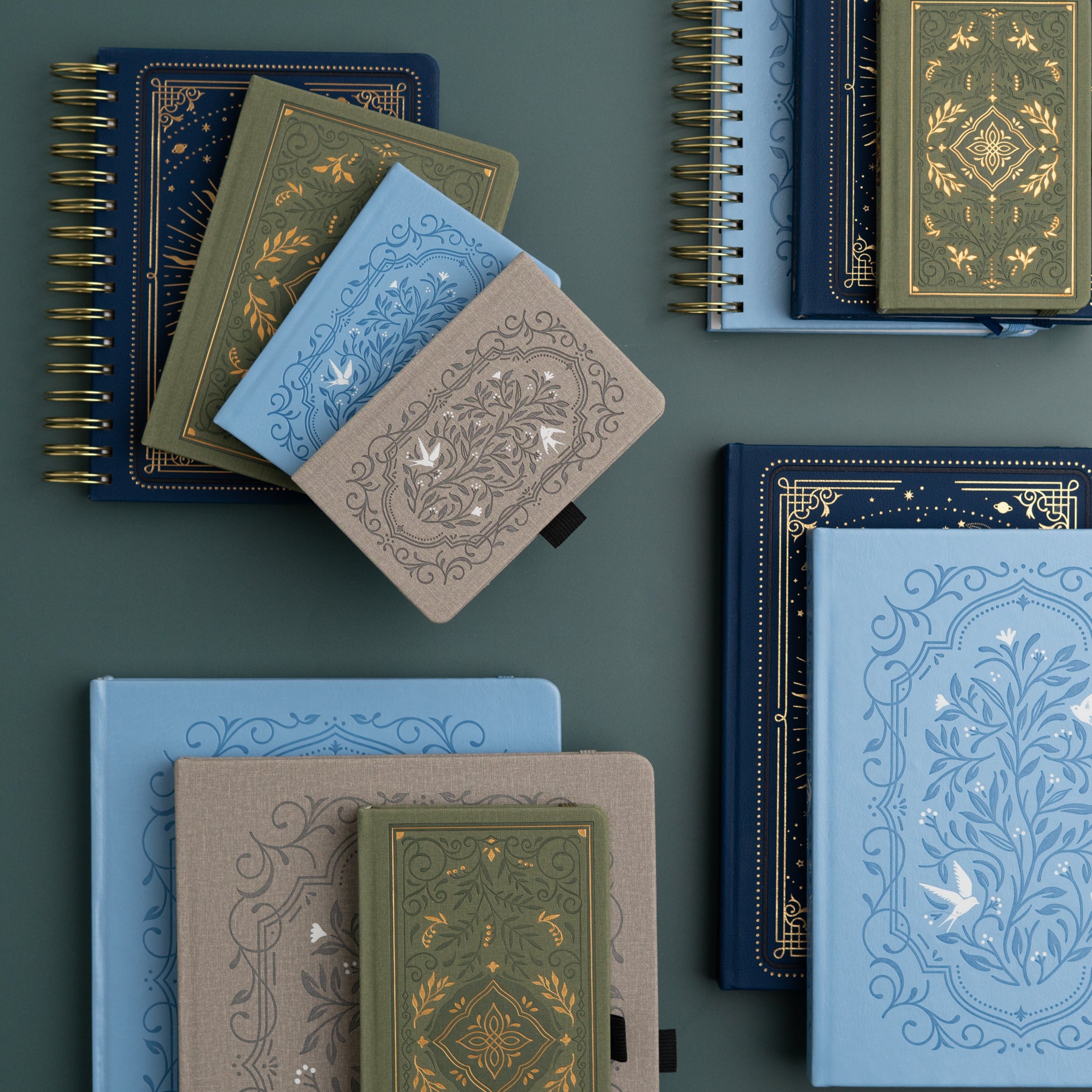



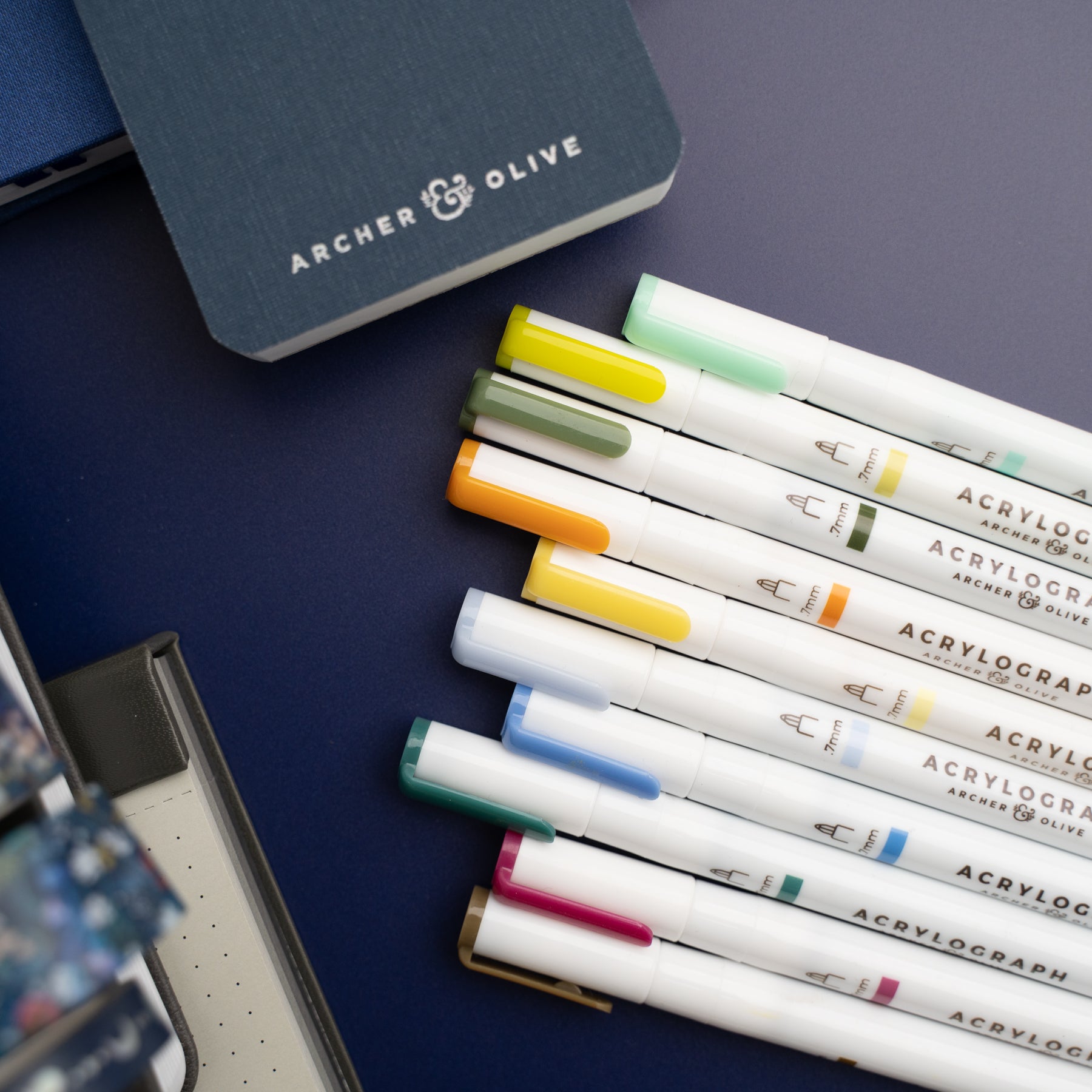
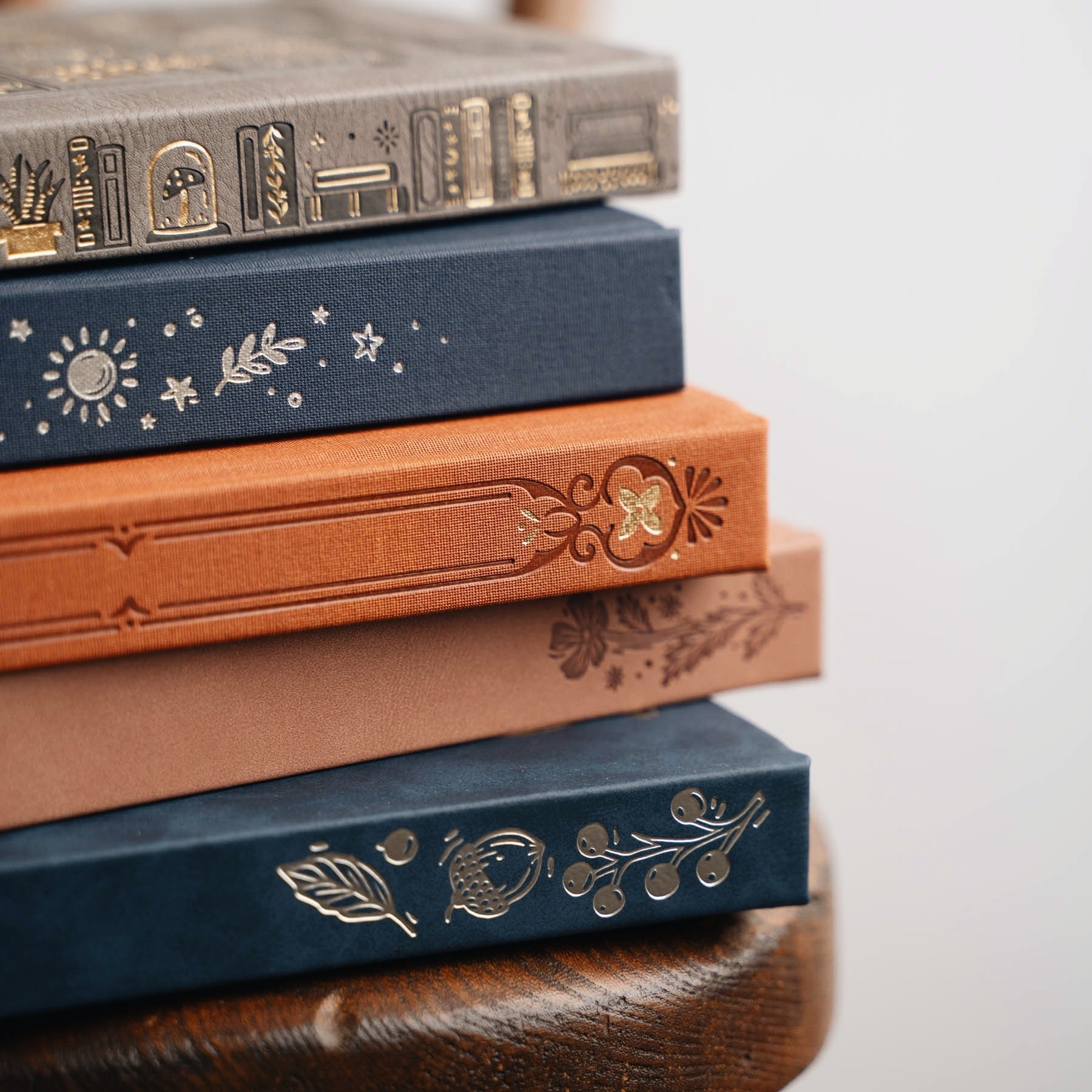
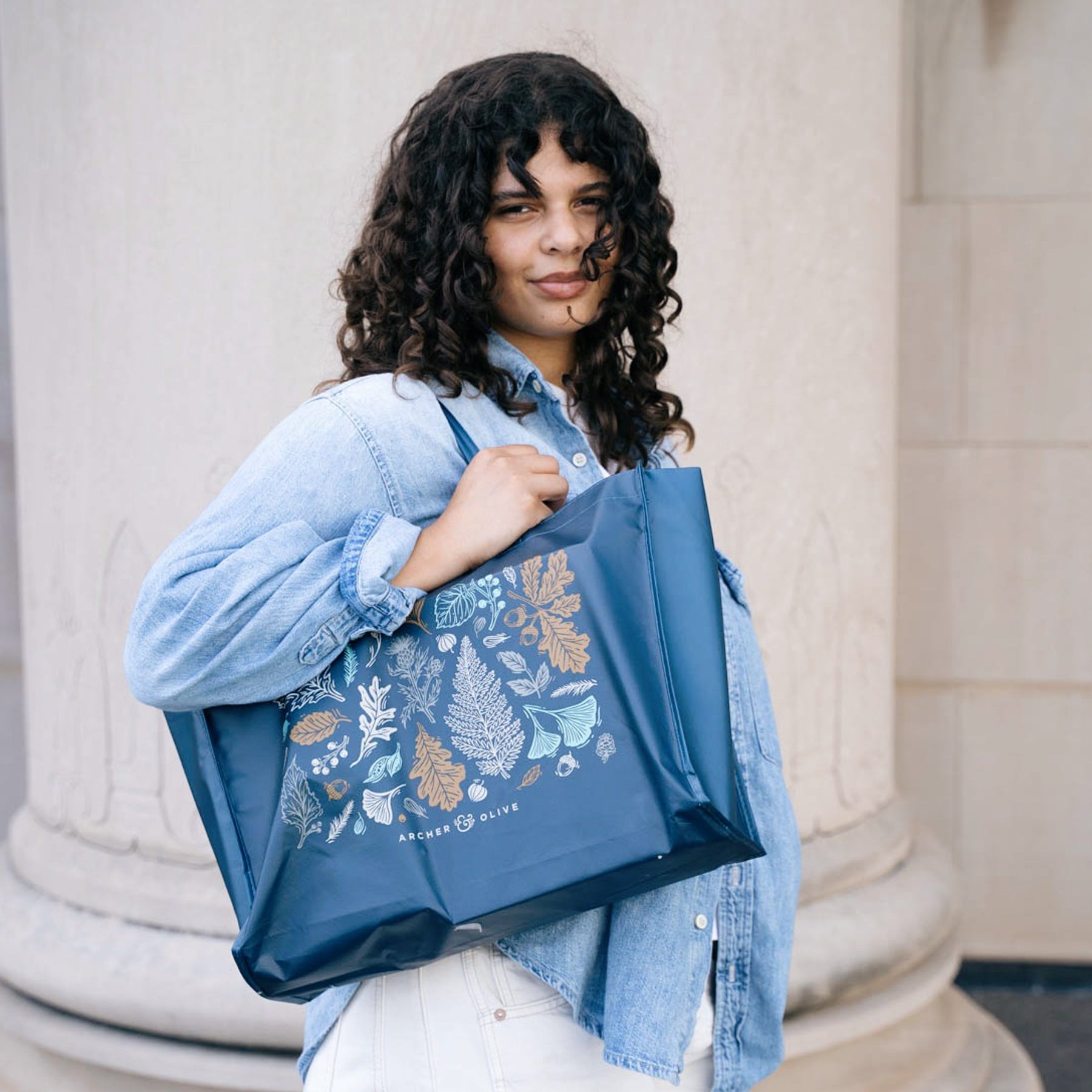
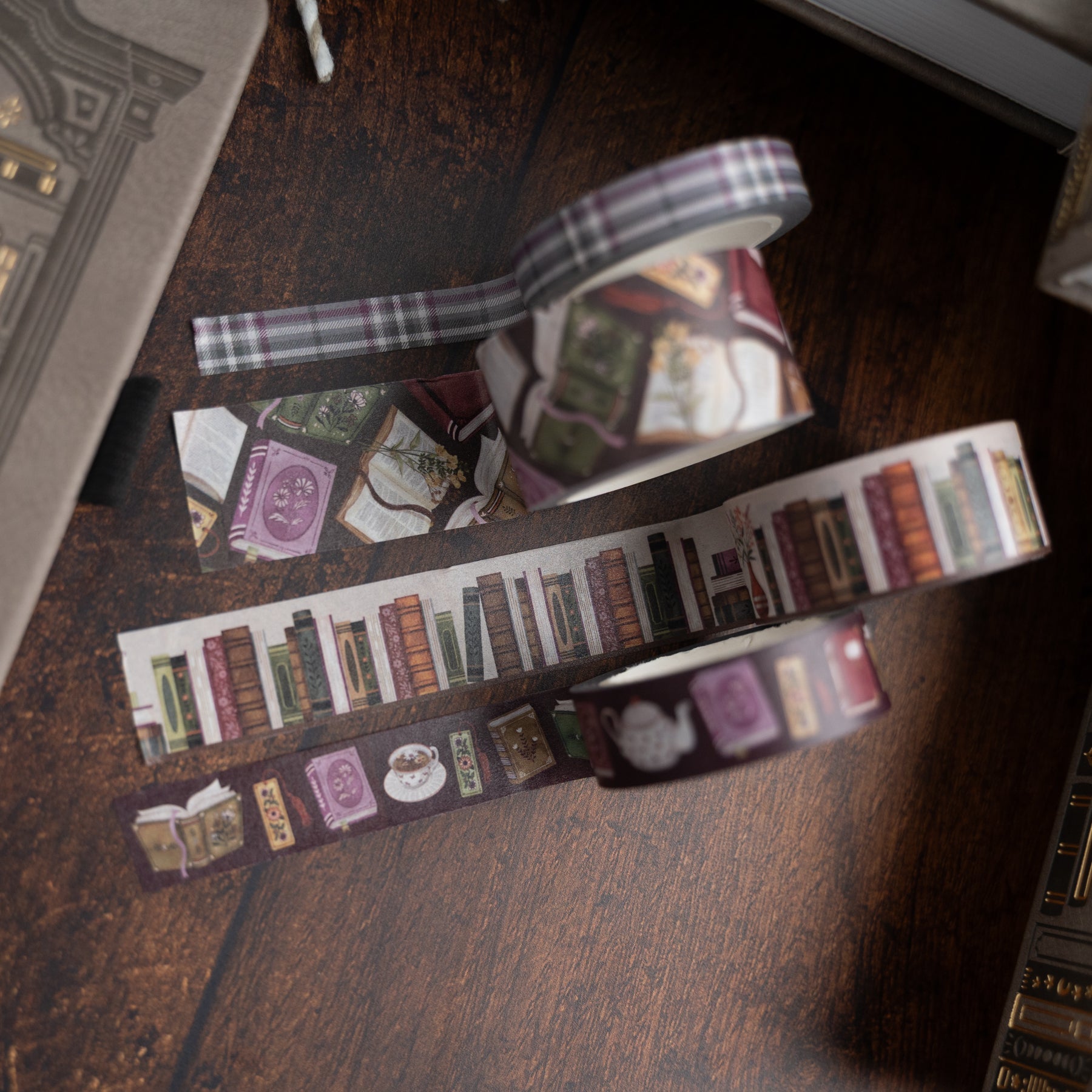
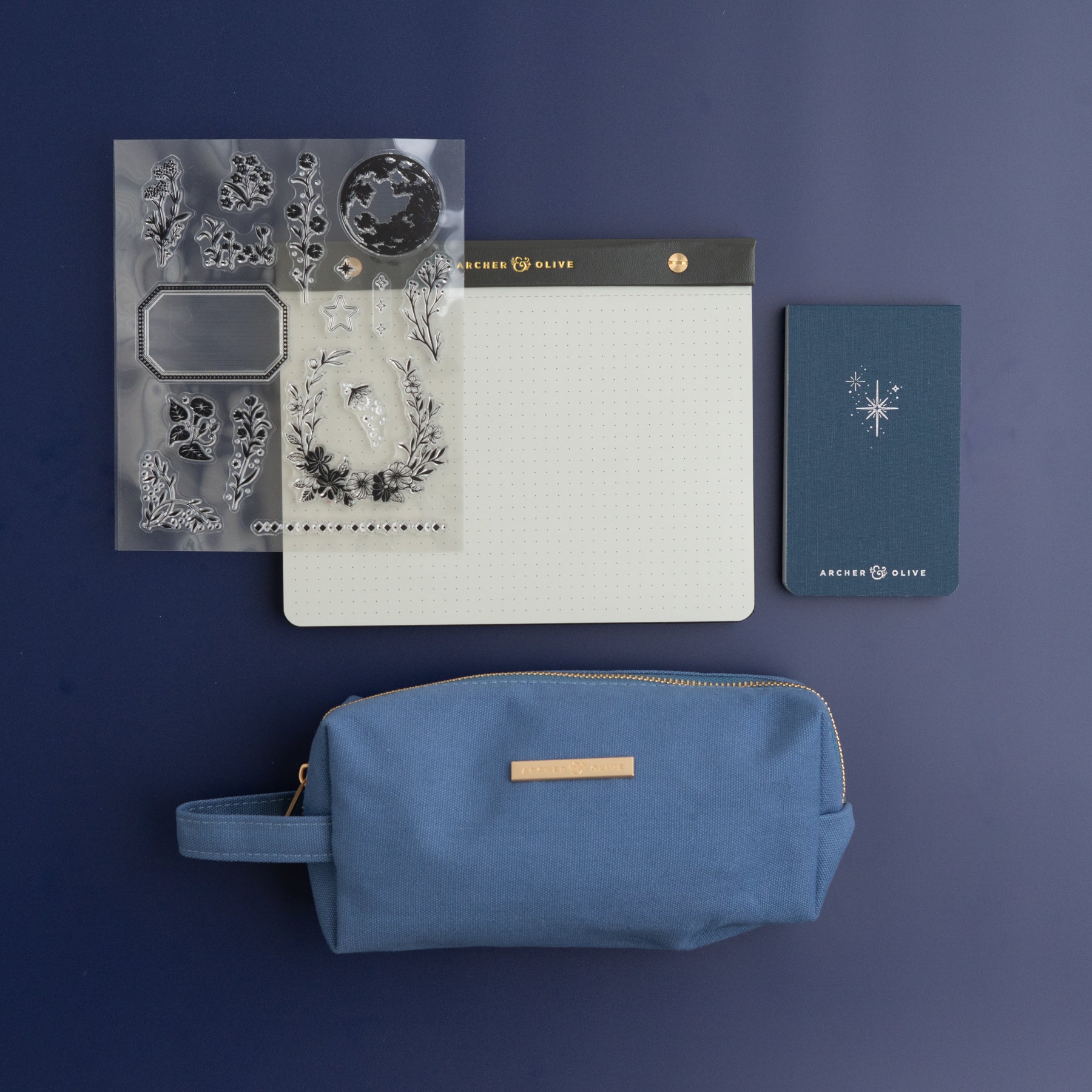
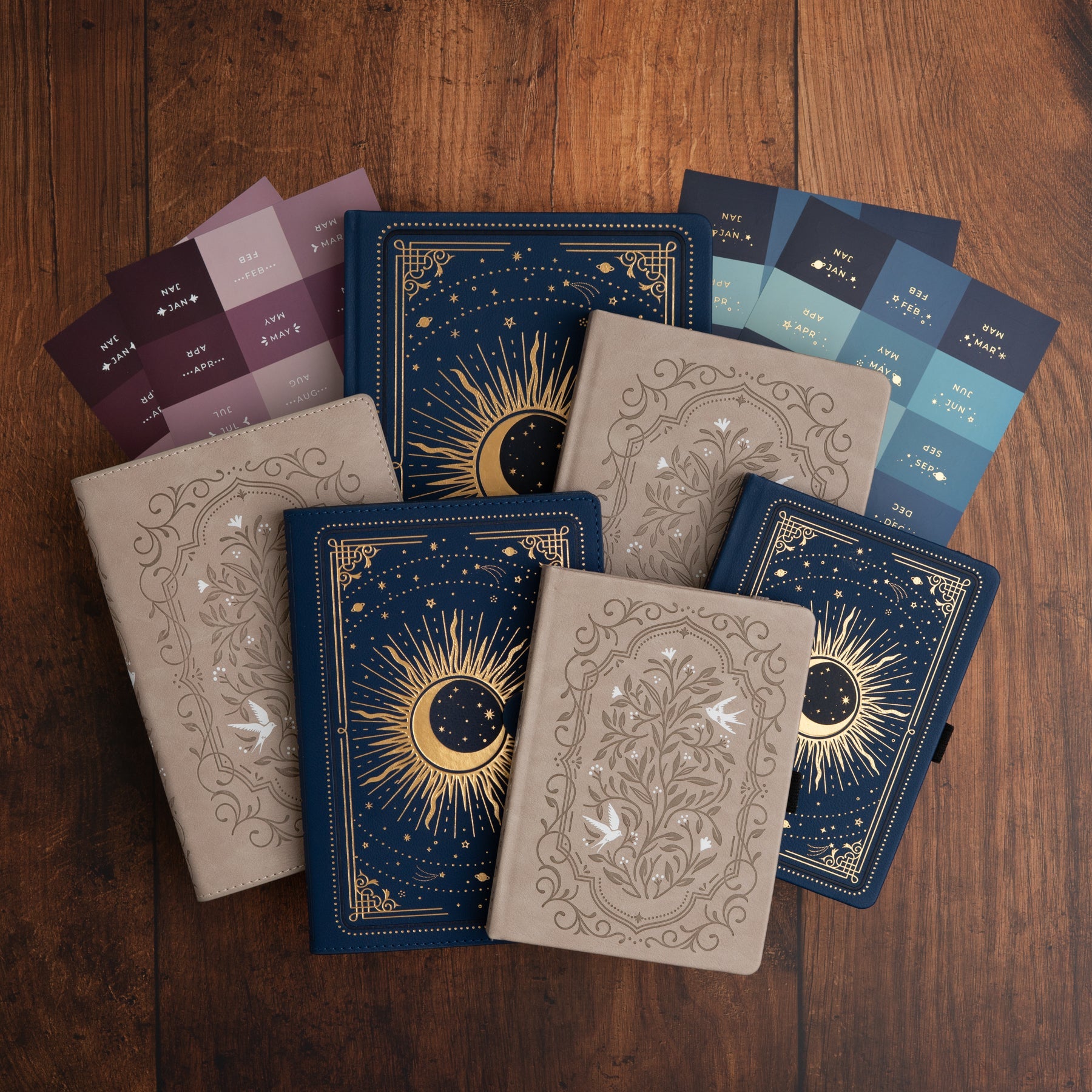
0 comments